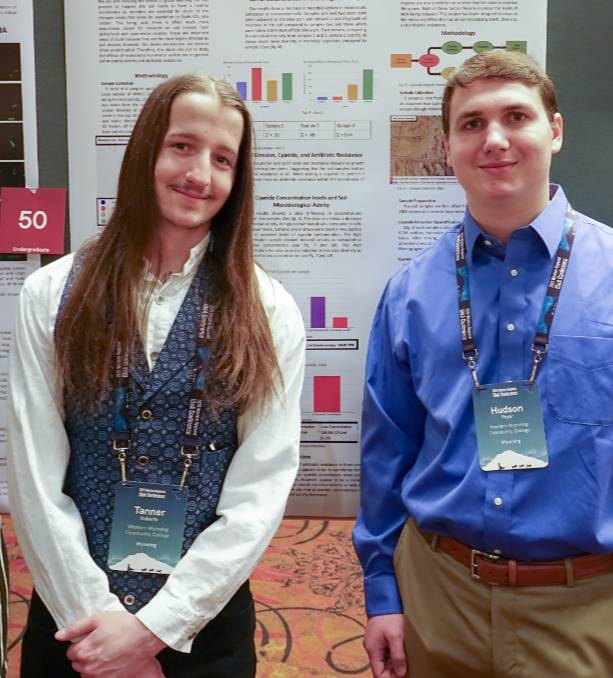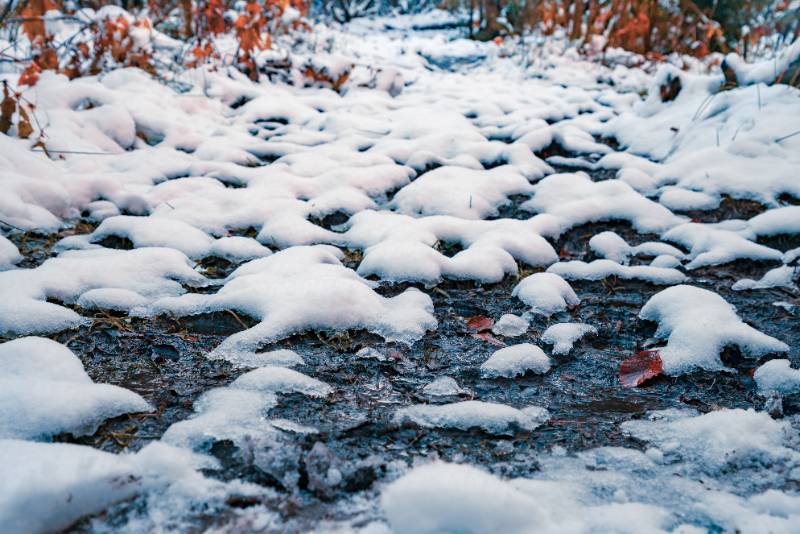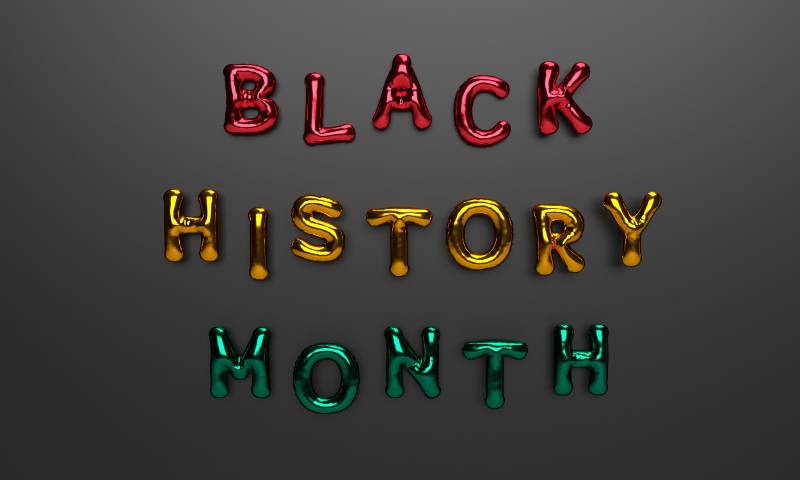Soil Research Results in Opportunities in Alaska

Research at Western Wyoming Community College resulted in a student trip to The Last Frontier.
Students, equipped with their research projects, attended a conference in Alaska with Josh Holmes, the associate professor of microbiology at the college.
The conferences are hosted by the IDeA Networks for Biomedical Research Excellence (INBRE) and are where Holmes gets many of his research grants. Holmes and David Tanner, also an associate professor of microbiology at the college, submit grant applications to fund the college’s lab equipment and their students’ pay. INBRE is one of the programs they utilize. Holmes used his research grants to assist the students attending this conference.
INBRE aims to establish and sustain statewide networking for biomedical research and excellence and is available in multiple states. The specific goals of the program are:
- To establish multi-disciplinary research networks
- Provide student research programs for Wyoming undergraduate students to increase their interest and enrollment
- To build and increase research bases and capacity at the University of Wyoming and its partners by providing research support
- Explain Wyoming research opportunities across other IDeA programs
Hudson Poyer, a molecular biology major at Western, was one of the students attending the conference. Poyer is working towards a degree in natural science and his studies were adjusted to align with his goals in molecular biology. Poyer is influenced by his parents, who majored in marine biology, and his brother. He’s aiming to earn a doctorate but doesn’t know what field of molecular biology he wants to go into.
Poyer’s project studied the effect human-sourced cyanide had on local microbial activity. When he was 12, his father would tell him to “be careful about eating the snow on White Mountain” because of recreational dirt bike riding. It motivated him to do his own research to see if what his father had said was true or not as hydrogen cyanide is a byproduct of gas engines.
Many of the connections Poyer made are assisting him in the ongoing research project he presented with differing perspectives. The project has developed so much that Holmes plans on using it with future students, with the two planning to continue the project. Poyer has the opportunity to work with Nic Blouin, an INBRE staff scientist at the University of Wyoming, during a summer internship and was undergoing interviews when he spoke with SweetwaterNOW.
Holmes has a doctorate in molecular biology and has been helping his students understand the general study better as molecular biology has diverse fields within it. Holmes and the college have a symbiotic relationship with one another as the college assists Holmes with directing and managing the funding for research projects without taking overhead costs from the grants and Holmes provides his knowledge and grants students access to the lab equipment.
Working on their own projects, students have access to the grants and get paid for their research. Research and participation in conferences allows them to expand their resume and professional networks. Holmes wants to use these opportunities to make Western not “just another community college.”
For more information about biology, or other course offerings at Western, visit westernwyming.edu/majors.
Originally posted on SweetwaterNOW.



